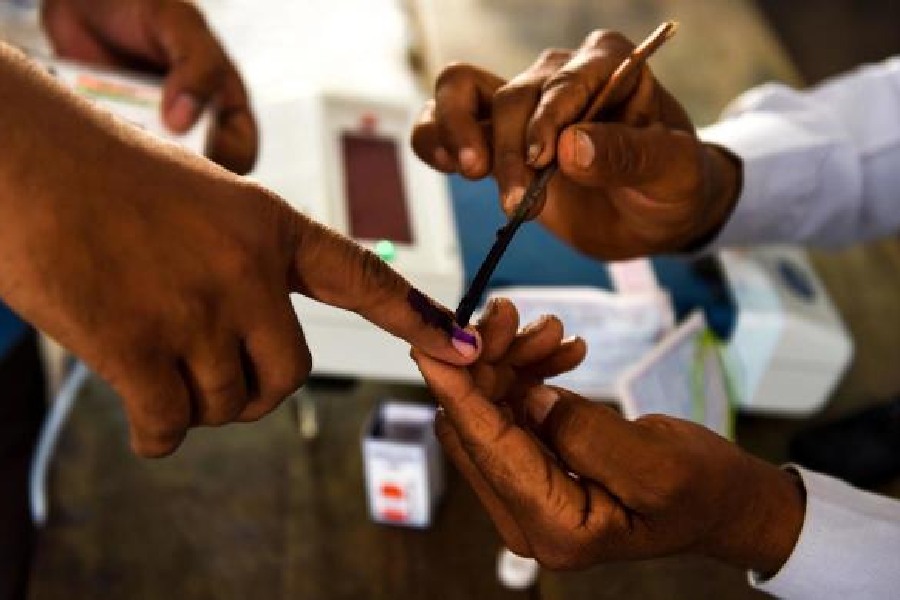Book: India's Experiment with Democracy : The Life of a Nation Through Its Elections
Author: S.Y. Quraishi
Published by: HarperCollins
Price: Rs 699
Conscious that his personal life coincides with that of politically-independent India, the former chief election commissioner, guitar player, the first Muslim officer of the Indian Administrative Service from “old Delhi” after 1947, born into a family of Islamic scholars and the son of a man who insisted that his children be benefitted by “modern education,” Shahabuddin Yaqoob Quraishi is a public figure with a difference.
He is not reticent when it comes to speaking his mind but, like a seasoned civil servant, is sometimes guarded in his tone and tenor. He is a prolific writer and a regular figure on television. He teaches and he declaims. He is unafraid to wade into controversy: for instance, he justified his meeting the head of the Rashtriya Swayamsevak Sangh, Mohan Bhagwat, along with a group of prominent Muslims. In this book as well, he makes several exhortations to Prime Minister Narendra Modi to change the ways of his government and his party, even if these appeals will be of little or no avail.
Quraishi’s book has paraphrased or reproduced verbatim several of his published writings and lectures. The editor of the volume could have been more attentive to the need to contextualise individual essays, thereby avoiding sentences such as the one on page 163 in the chapter, “On Black Money in Elections” — “… the government’s rejection a week ago — the second in two months — of the (Election Commission of India’s) proposal to give it permanent powers to cancel elections on credible evidence of abuse of money power was indeed a surprise, as it goes against the prime minister’s avowed war against black money. My charitable interpretation is that this rejection has actually been made without the knowledge of the PM.”
Charitable or otherwise, the author is aware of the perils of a compiled work. Many of his arguments have been reiterated. This is his third book after An Undocumented Wonder: The Making of the Great Indian Election and The Population Myth: Islam, Family Planning and Politics in India, besides an edited volume on democracy and elections.
Over and above a longish introduction, there are a bunch of annexures at the end of the book (including tables and charts) on the constitutional and the legislative framework of election law in India. Much of the book delves into familiar territory. Quraishi supports the use of electronic voting machines but is sharply critical of the inadequacies in the overall electronic voting system and the way it is deployed in India, making it vulnerable to manipulation.
The chapters in the book examine the role of the Election Commission, its powers, procedures and politics as well as the Symbols Act, the Model Code of Conduct, defection and 'horse-trading', the pros and cons of holding simultaneous elections in states and at the Centre, criminalisation of politics, the opaque manner of financing elections and demonetisation. There are detailed essays on regulating and reforming the media.
The book also outlines electoral systems across the world and scrutinises 'solutions' for improving India’s democracy, weighing on the advantages and the disadvantages of the first-past-the-post system vis-à-vis variations in systems of proportional representation. It also has articles on specific topics such as the office of profit issue, Rahul Gandhi’s disqualification as an MP, and the attempt to link voter identity cards with Aadhaar.
Peppered with innumerable anecdotes, the book contains two short profiles, one on Sukumar Sen, the “unsung” hero who organised India’s first general elections in 1951-52, and the other on the redoubtable T.N. Seshan, who almost terrorised a young Quraishi before he realised that his heart was soft.











